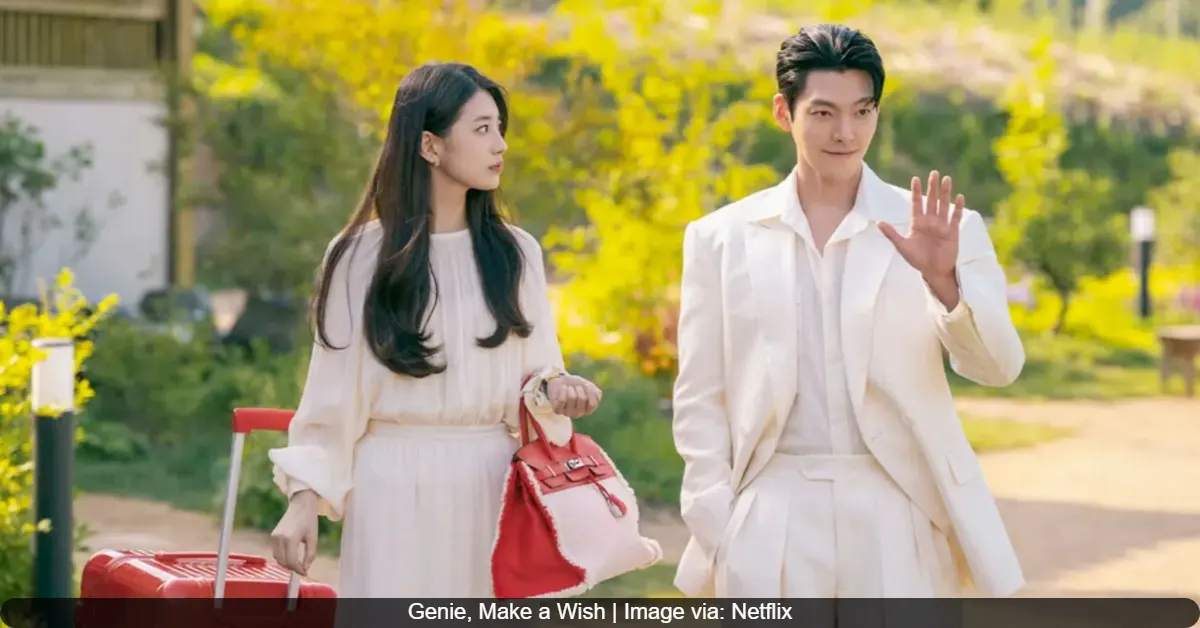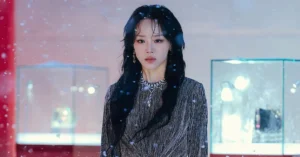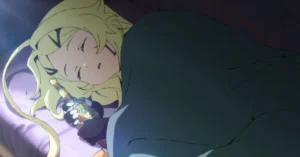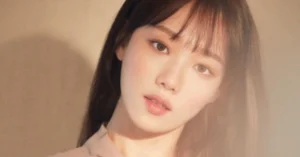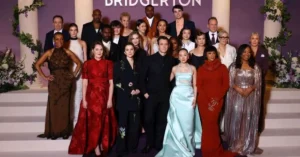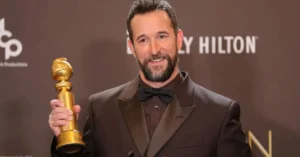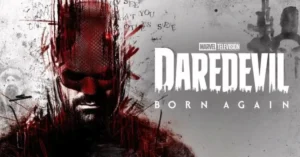The new Korean drama Genie Make a Wish has ignited a global debate and become one of 2025’s most controversial shows. The series, which stars Kim Woo-bin and Bae Suzy, finds itself at the center of a cultural storm for its romantic portrayal of a devil-like figure, upsetting many Muslim viewers and highlighting a sharp divide in how different cultures view supernatural beings in storytelling.
The show follows a mysterious, wish-granting genie who makes deals with humans, blending dark fantasy with a romantic plot. However, the character is seen by many Muslim viewers as a representation of Iblis, a figure symbolizing ultimate evil in Islamic belief. This portrayal has led to calls for a boycott and intense discussion online about the line between creative freedom and religious respect.
How Western Shows Changed the Devil
To understand the controversy, it helps to see how Western entertainment has shaped the image of demons over time. For centuries, Western stories have been softening the devil, turning him from a pure object of fear into a complex, sometimes attractive, figure.
This shift started long before television. In literature like John Milton’s Paradise Lost, Satan was reframed as a tragic, eloquent rebel. Modern pop culture built on this foundation. Shows like Lucifer feature the fallen angel as a charming nightclub owner who helps solve crimes. Good Omens gives us a witty demon named Crowley with very human doubts and tastes. Series like Buffy the Vampire Slayer and Supernatural offered demons and vampires who could love, suffer, and even fight on the side of good.
This change is largely because of secularization in much of the West. Demons have often become psychological metaphors or stylish anti-heroes, losing their raw spiritual power and becoming safe devices for exploring themes of rebellion and desire.
Why the Portrayal Hurts: A Clash of Beliefs
For many Muslim viewers, the being at the center of Genie Make a Wish is not an empty symbol. In Islamic tradition, jinn and devils are real spiritual entities created from smokeless fire, and they are discussed in the Qur’an. They are seen as dangerous figures, to be approached with caution and respect, not as potential romantic leads.
The decision to turn this sacredly feared being into a trendy, brooding love interest has caused anger and disappointment. Many feel the show takes a real spiritual danger and trivializes it to fit a popular dark-romance formula. One viewer on social media expressed a common sentiment, stating, “Why on earth would they adopt the whole Iblis concept straight from Islam?? In our faith he’s literally the embodiment of ultimate evil & now we’re really meant to root for an Iblis love arc?”
The backlash was swift. The drama has been heavily criticized on platforms like X (formerly Twitter) and TikTok, with hashtags like #BoycottGenieMakeAWish trending. The show currently holds the unfortunate distinction of being the lowest-rated K-drama of 2025 on Google reviews.
Not the First Time: Demonic Themes in Broader Culture
The debate around Genie Make a Wish is part of a larger conversation about how evil and the demonic are presented in modern media. Other entertainment, such as the traveling Paranormal Cirque, also faces criticism for using demonic and anti-religious imagery for thrills. That show features performers dressed as demons, satanic symbols, and acts that mock religious figures, leading to concerns that it normalizes the abhorrent.
Within Christianity, some faith leaders also warn about “flirting with the devil” through cultural engagement. They argue that willingly filling one’s mind with destructive content can have negative spiritual consequences, much like the show’s critics who believe it plays with fire by disrespecting sacred beliefs.
Divided Fans and the Defense of Fiction
The response to the drama has not been entirely negative. Some viewers defend it as a work of pure fiction and argue for artistic freedom. They point out that K-dramas often draw from various mythologies and folklore, and this should be seen as another example of creative storytelling. The performances of the lead actors, Kim Woo-bin and Bae Suzy, have been widely praised for their chemistry and emotional depth, even by those who find the overall concept uncomfortable.
This division highlights a key challenge for global streaming platforms like Netflix. When a show is released worldwide, it instantly reaches audiences with deeply different cultural and religious backgrounds. A trope that feels normal and entertaining in one culture can be deeply offensive in another. Genie Make a Wish shows what happens when a culture’s rebellious anti-hero collides with another culture’s sacred fear.
The writer of the show, Kim Eun-sook, is known for hit series like Goblin and Mr. Sunshine. However, she is now facing her harshest criticism to date. As of now, Netflix and the production team have not issued an official statement addressing the controversy. The discussion continues online, proving that when storytelling touches deeply held beliefs, fantasy can quickly become a cultural flashpoint.
Also Read: The Devil’s Curse: Know All About Iblis’s True Punishment in ‘Genie Make a Wish’

